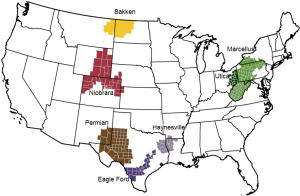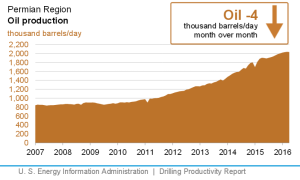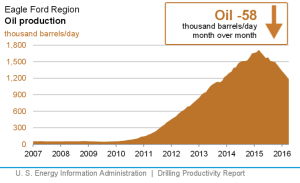I tell all my Texas clients (and anyone else who will listen) never to sell their mineral interests. There are a number of reasons why:
1. About 99.9% of the companies who claim to buy mineral interests are scams. What often happens is that they send you a solicitation letter which makes an incredibly high monetary offer for your mineral interests. They ask you to sign a deed, which is either enclosed with the letter or that they send you if you contact them, and request that you send the signed deed back to them. Next they file the deed in the deed records. After the deed is filed in the county deed records, they contact you and say that they discovered certain ambiguous “problems” with your title to your minerals, or the market for mineral interests has changed, or some other nonsense. They then tell you they will pay you, not what they offered in the letter, but a tiny fraction of what they offered. If you don’t take it, you are stuck with the deed filed in the deed records that shows you sold your mineral interest to them. In many cases, I’ve had to sue the company on a client’s behalf to force the company to cancel the deed. Even if the company cannot be found or has gone out of business, you will still probably have to file a lawsuit to get a court order cancelling the filed deed. Given the expense of litigation, this can be a huge burden.
One way to tell if a company is a legitimate concern or not is to tell them that you might be interested in selling your minerals but your requirements are: 1) they need to send you a written contract of sale with a specific price and an earnest money deposit which, if acceptable to you, you will sign and take with the earnest money to a title company; 2) the deed will be prepared by your attorney; 3) the transaction will be closed in a title company; and 4) they will be required to deposit the balance of the purchase price in good funds with the title company before they receive the deed. Most of these companies will tell you that is an unnecessary expense, or “they don’t do it that way”. This is a huge red flag. However, in my experience, even some of the scam artists will agree to this, but once you have paid your attorney to draft the deed and it’s time for them to put the purchase price in escrow, they will disappear or pull out.
 Texas Oil and Gas Attorney Blog
Texas Oil and Gas Attorney Blog





